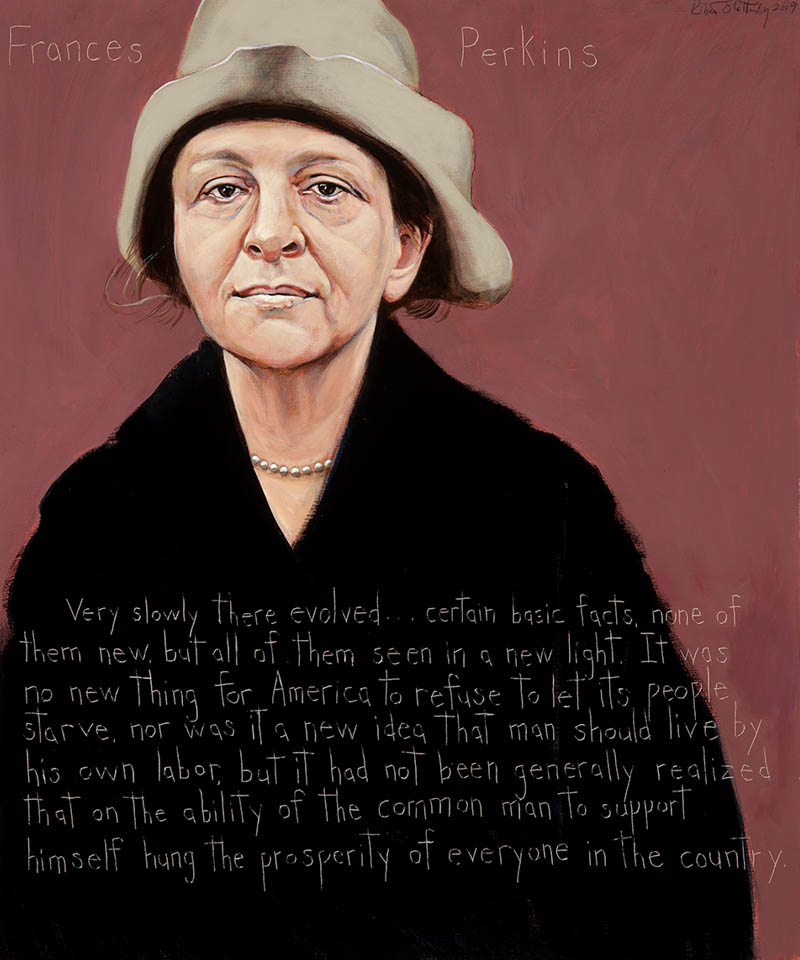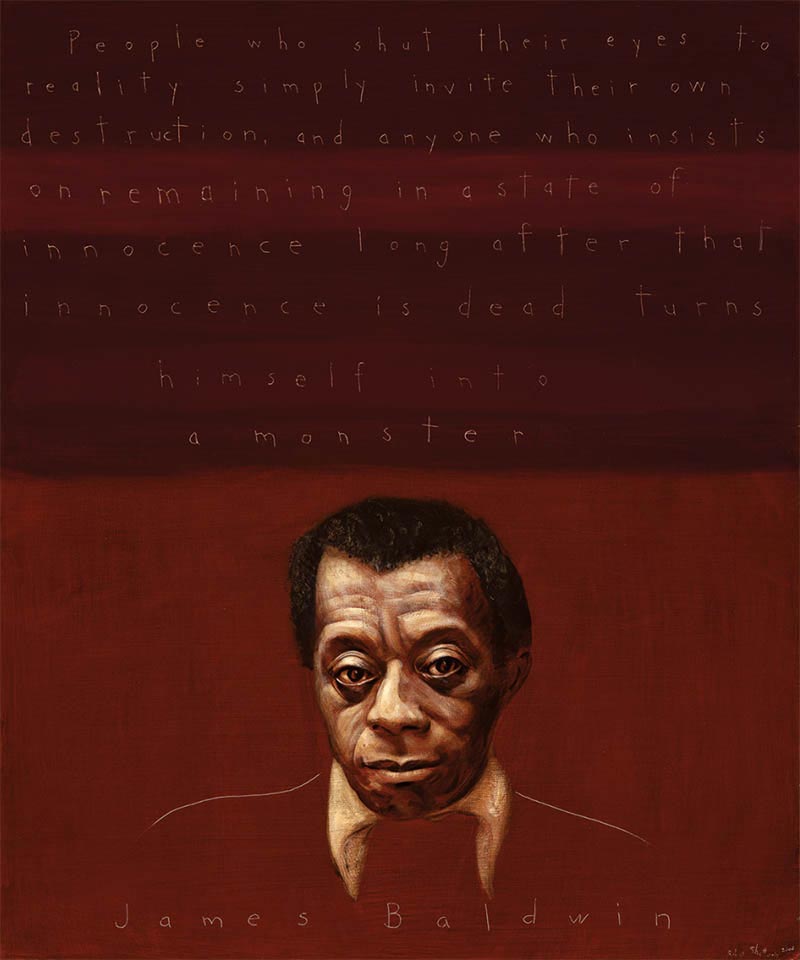What's New
How Frances Perkins Changed Life in America
August 14, 2022 marks the eighty-seventh anniversary of the signing of the original Social Security Act, forever changing the lives of American workers and families.

Historian Heather Cox Richardson just republished last year’s installment of “Letters from an American” about Frances Perkins‘ contribution to this monumental effort and Perkins’ life leading up to her work as the first female U.S. Secretary of Labor.
“The Social Security Act is known for its payments to older Americans, but it did far more than that. It established unemployment insurance; aid to homeless, dependent, and neglected children; funds to promote maternal and child welfare; and public health services. It was a sweeping reworking of the relationship between the government and its citizens, using the power of taxation to pool funds to provide a basic social safety net. . . .
“. . . Perkins recognized that people in communities had always supported each other. The vision of a hardworking man supporting his wife and children was more myth than reality: her own husband suffered from bipolar disorder, making her the family’s primary support.
“As a child, Perkins spent summers with her grandmother, with whom she was very close, in the small town of Newcastle, Maine, where the old-fashioned, close-knit community supported those in need. . . .
“With the Social Security Act, Perkins helped to write into our laws a longstanding political impulse in America that stood in dramatic contrast to the 1920s philosophy of rugged individualism. She recognized that the ideas of community values and pooling resources to keep the economic playing field level and take care of everyone are at least as deeply seated in our political philosophy as the idea of every man for himself.”
Read Cox’s full essay on Substack
View AWTT’s short biography of Frances Perkins here
In other summer news, we pause to remember the August birthdays of two more familiar figures from the AWTT gallery.

James Baldwin, born August 2, 1924 in Harlem, NY.
Considered one of America’s most important writers, Baldwin reflected on his own experiences as a gay Black man in the U.S. and, later, in Paris. “I love America more than any other country in the world and, exactly for this reason, I insist on the right to criticize her perpetually.”
In a birthday tribute this month, the Writer’s Almanac wrote:
“James Baldwin’s influence on other American artists, whether of spirit or love or style, is undeniable. He and the poet Langston Hughes were responsible for getting the singer Nina Simone involved in the civil rights movement. Maya Angelou, remembering Baldwin in The New York Times after his death, said that he “set the stage” for her to write I Know Why the Caged Bird Sings. . . .’
“Toni Morrison . . . wrote that James Baldwin gave her three gifts: ‘a language to dwell in, a gift so perfect’ that it seemed her own; ‘the courage to live life in and from its belly as well as beyond its edges’; and his tenderness and vulnerability and a love that made one want to be worthy, generous, and strong.”
The Off-Broadway production of Baldwin And Buckley at Cambridge – about Baldwin’s historic 1965 debate with William F. Buckley – is scheduled to open at the Anspacher Theater in September 2022.
And, finally, a nod to Wendell Berry, who reached his 88th birthday on August 5th – still living, writing and farming in Henry County Kentucky, where he was born in 1935.

In case you missed it, here’s Dororthy Wickenden’s (rare) February 2022 portrait in The New Yorker: “Wendell Berry’s Advice for a Cataclysmic Age.”
You can pre-order his latest book The Need To Be Whole: Patriotism and the History of Prejudice now – to be shipped on October 4, 2022. Or, if you’re a fan of Berry’s fiction, look for another short story collection in November 2022.
Berry said, “Do unto those downstream as you would have those upstream do unto you.”
He said, “You can best serve civilization by being against what usually passes for it.”
And he said, “Better than any argument is to rise at dawn and pick dew-wet red berries in a cup.”